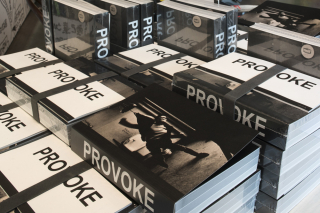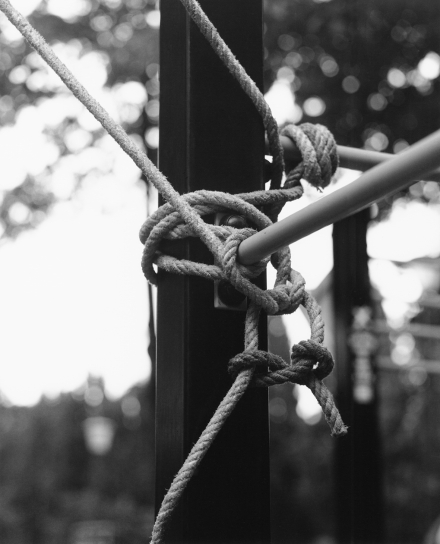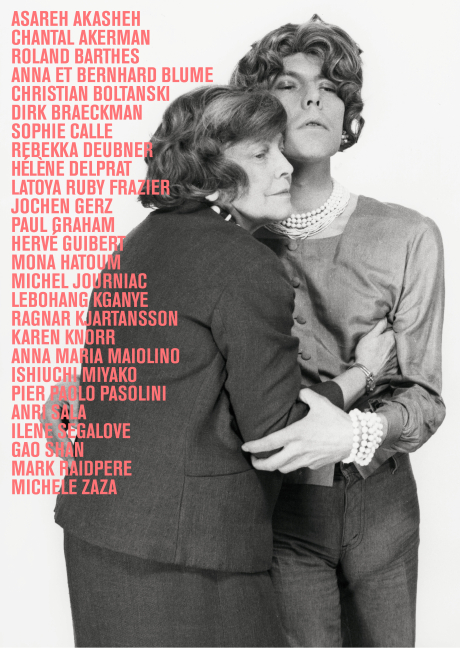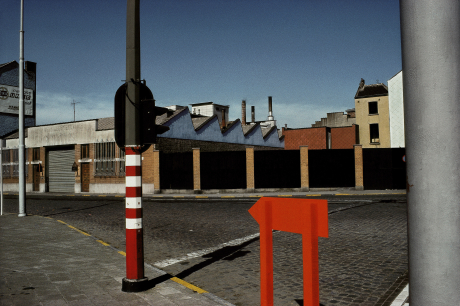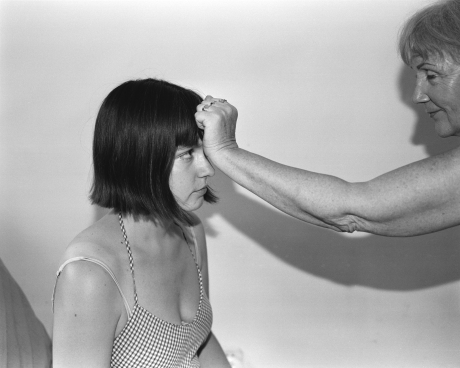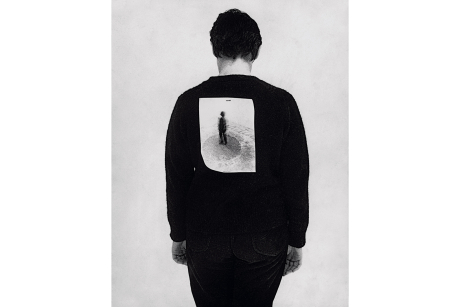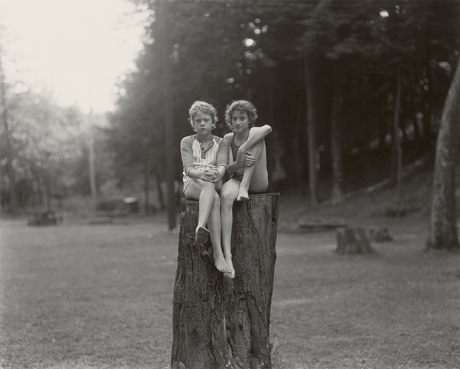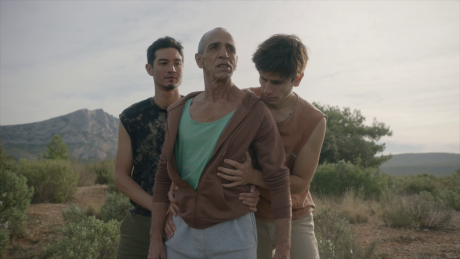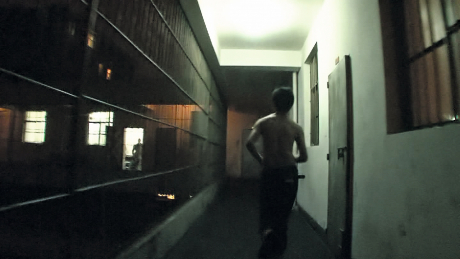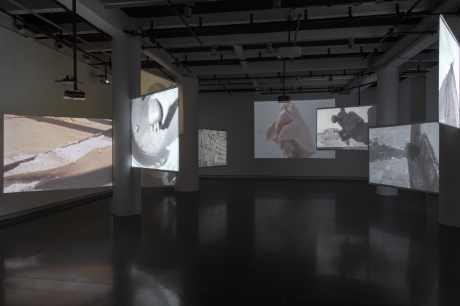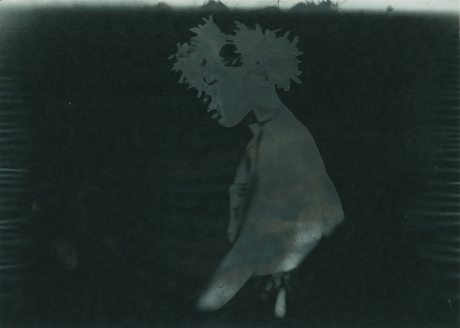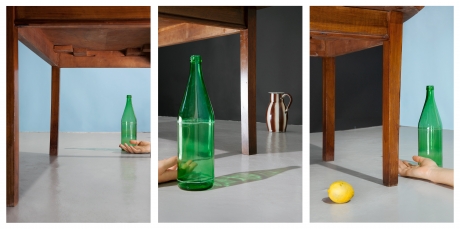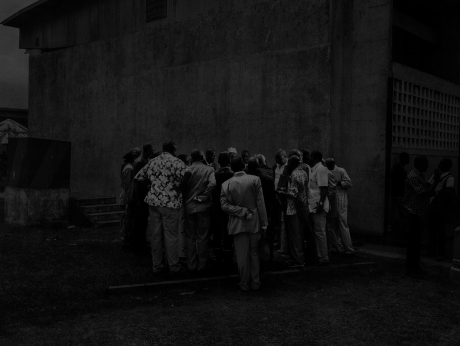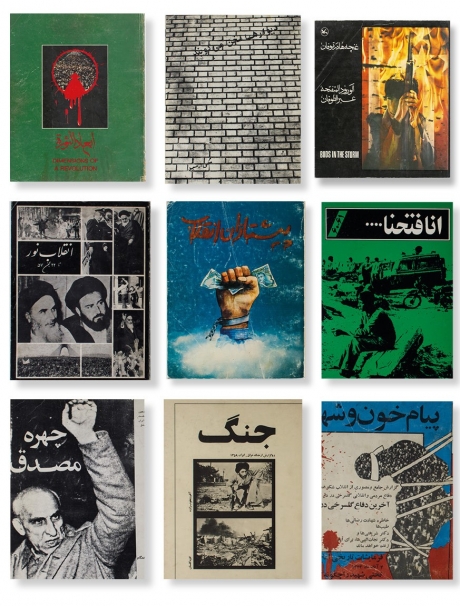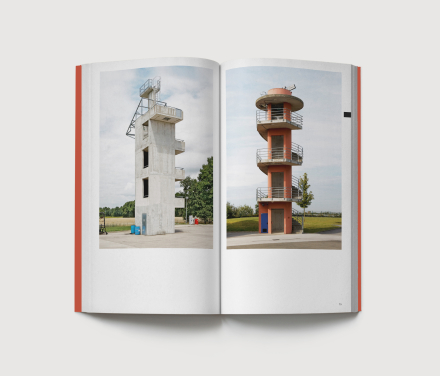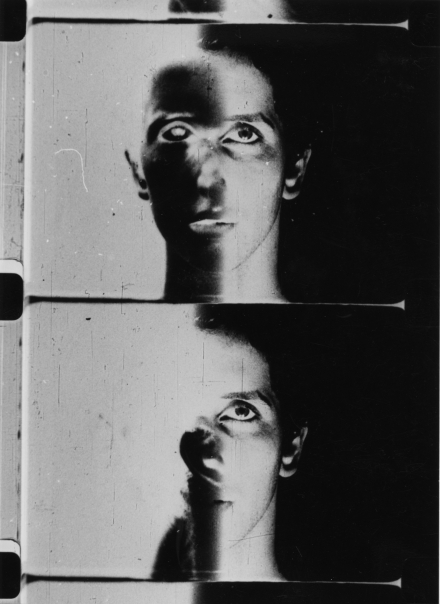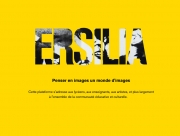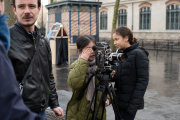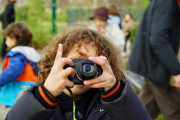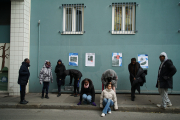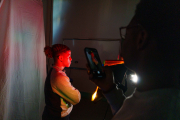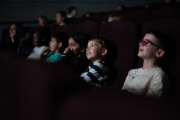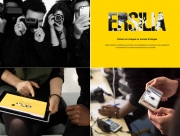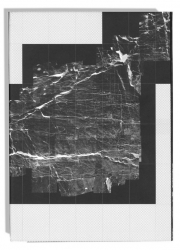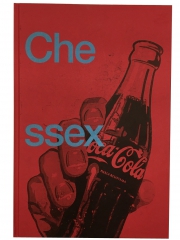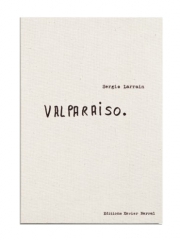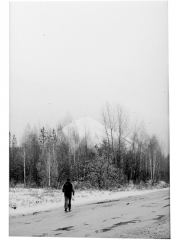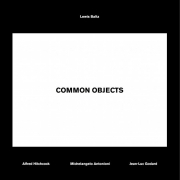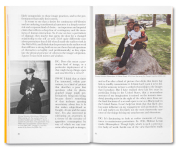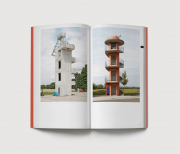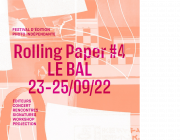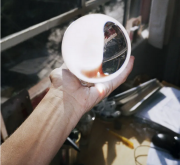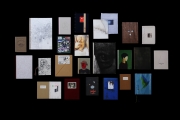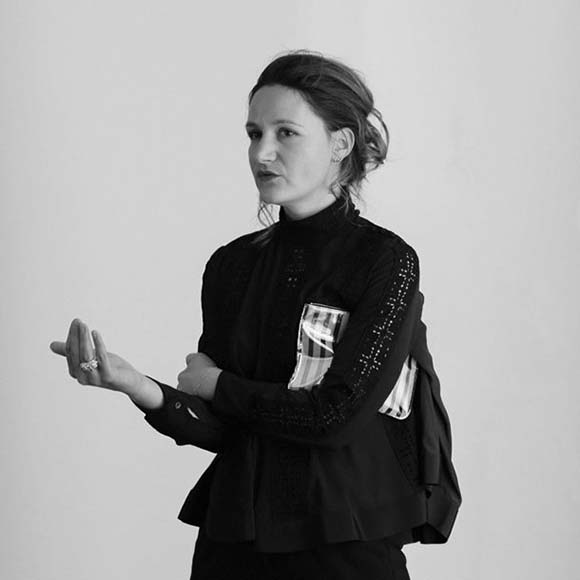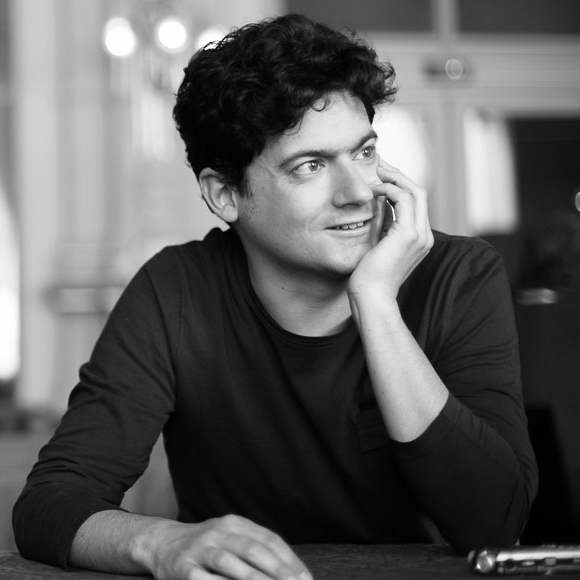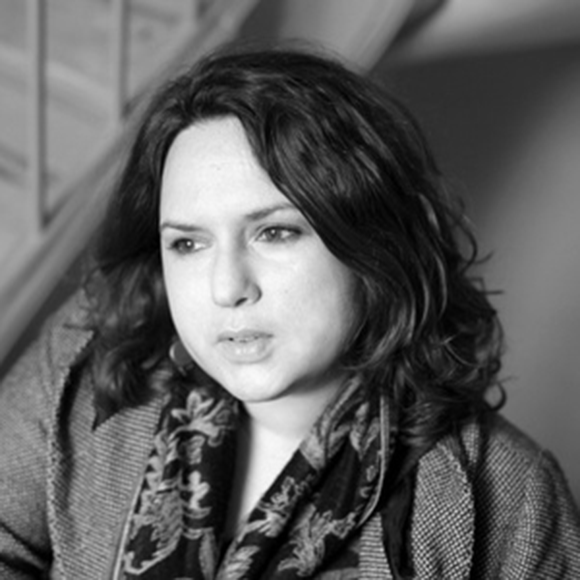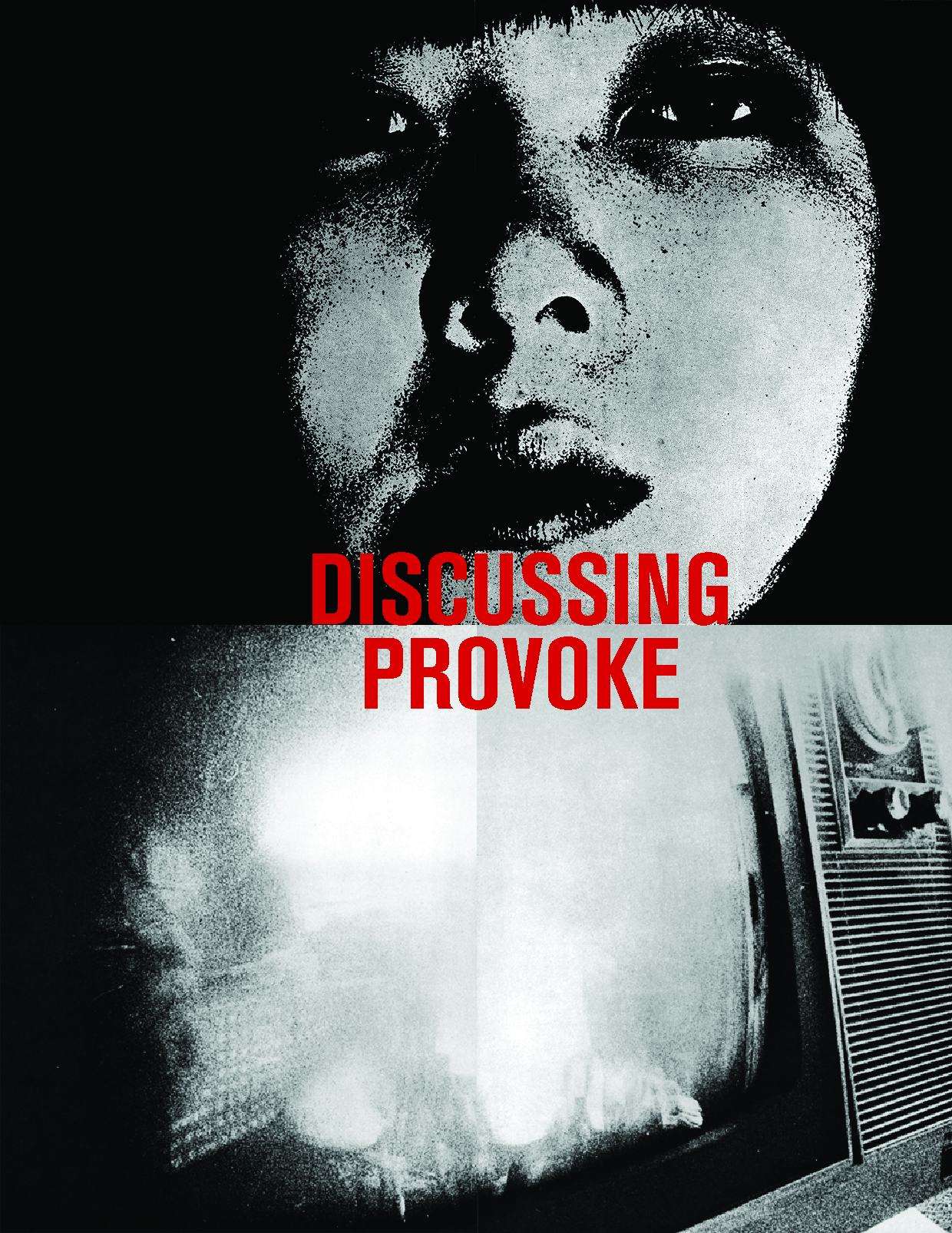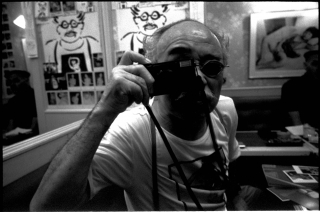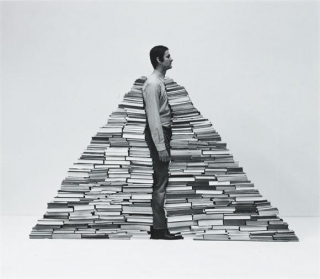Discussing Provoke
In partnership with the Centre d'Études Japonaises from the Institut national des langues et civilisations orientales (INALCO), the Maison de la culture du Japon à Paris et Paris Photo, LE BAL presents two days of discussion and research dedicated to Provoke, its artists, its birth contexte and its links with the japanese avant-garde of the 1960s.
PART I : Around PROVOKE – Avant-gardes and counter-cultures in Japan in the 60s
Maison de la Culture du Japon
Saturday November 5, 2016
Co-organized byLE BAL and the Centre d’Études Japonaises from the INALCO
Program
6:30 AM : Introduction by Michael Lucken, director of the Centre d’Études Japonaises from the INALCO (Institut national des langues et civilisations orientales) and Diane Dufour, co-founder and director of LE BAL and co-curator of the exhibition Provoke.
6:40 AM : Anne Gossot - « Art minus art », first action, 1962
The action art established itself as an artistic genre in the beginning of the 60s in Japan. It sanctioned the Tokyoïte avant-garde revival. Geijutsu mainasu geijutsu. Haisen wo kinen shite contributed to define this genre by gathering the main artists of this time.
Anne Gossot : lecturer in japanese civilization at the Université Bordeaux-Montaigne. He also worked on the birth of design and performative arts in Japan.
1:10 PM : Bruno Fernandes - The Zero Jigen group (Dimension Zéro) : body anarchy and obscene strategies, a counter-culture of happening.
Zero Jigen, the most important group of happening from the anti-art movement, acts more intensively from 1960 to 1972 in Tokyo and Japan through gishiki, some provocative rituals. Its counter-cultural guerilla warfare "arterrorist" involves a praxis of obscenity in the public space of a overgrowing country which denied its social realities (a violent political crisis, pollution, Viêt Nam War).
Bruno Fernandes : specialist of japanese underground culture, director of the collection « Derashiné » at Presses du réel.
1:40 PM : Hirasawa Gō - Landscape theory and radical cinema
The director Adachi Masao, the photographer Nakahira Takuma, and the critic Matsuda Masao, define in 1969 a « landscape theory » (fūkeiron). According to it, the camera must analyze the landscape to discern the power organizations and contextualize outbreaks of violence.
Hirasawa Gō : specialist of anti-establishment cinema in Japan in 60s and 70s, researcher at the university of Meiji Gakuin in Tokyo.
2:10 PM : Kei Osawa - Performances by the collective Hi Red Center. Seeking of a place.
Close to the Fluxus movement and often legally pursued for their subversive actions, the members of the collective Hi Red Center, Akasegawa Genpei, Nakanishi Natsuyuki andTakamatsu Jirō, question the place of the individual inside a standardised and authoritarian society.
Kei Osawa : researcher associated with the Tokyo university museum.
2:40 PM : Break
3:10 PM : Philippe Azoury - For a Language to Come, the manifesto of Nakahira Takuma, co-founder of Provoke
Since its publication in 1970, For a Language to Come, by Nakahira Takuma, is a challenge both for photography and writing. Row of non-linear images and whitout any hierarchy, reminding imaginary and post-apocalyptic scenes, For a Language to Come questions the validity of the photographic gesture. How can one reproduce the world absurdity and chaos ? How can one describe and name what the eye struggles to perceive ?
Philippe Azoury : author, journalist and critic
3:40 PM : Michael Lucken - Taki Kōji : the critical position
Theorist and photographer in the heart of Provoke, Taki Kōji takes up a marginal position in the review history though. The analysis of his career history, which he decided to focus on writing at the cost of the plastic creation, allows us to reassess the critical significance of the movement, beyond the formal revolution he embodies.
Michael Lucken : historian specialist in modern Japan, director of the Centre d’Études Japonaises from the INALCO
4:10 PM : Lilian Froger - Series and page setting : the printed photography in Japan in the 60s-70s
With the diversification of the publishing mediums in the 60s and 70s, many options are offered to the japanese photographers to present their work. Author books, mainstream press, lampoons, photojournalist essays.... : which are the special features of these mediums in terms of formal innovation and images circulation ? Have these published mediums give birth to a very own language of the japanese photography at this time ?
Lilian Froger : art historian and critic
4:40 PM : Julien Bouvard - Manga and « avant-garde »
The japanese comics came across a lot of changes in the 60s among which the publication of works intended for a mature audience and recognized as « avant-gardistes ». To analyze the complexe relationships between manga and avant-garde allows to understand how the critics will contribute to define the manga position in the japanese cultural and artistic history.
Julien Bouvard : maître de conférences en langues et civilisations du Japon contemporain, université Jean Moulin Lyon 3, spécialiste de la culture populaire contemporaine.
5:10 PM : Anne Bayard-Sakai - Another war, or another history : Kaikō Ken and Vietnam
In 1964, a month after the publication of the last reports on the changes endured by Tokyo in preperation of the Olympic Games, the writer Kaikô Ken is sent to Viet Nam to report on the war. Isn't the coincidence of these events symptomatic of the questions of a Japan in between the duty of remembrance of war and economic reconstruction ?
Anne Bayard-Sakai : lecturer at the INALCO, specialist of the modern and contemporary japanese novel.
5:40 PM : Emmanuel Lozerand - James (Bond) and Roland (Barthes) go to Japan
In 1964, You Only Live Twice by Ian Fleming is published, and then adapted for film in 1967. After three travels to Japan between 1966 and 1968, Roland Barthes published L'Empire des signes en 1970. What are the links between the british spy Japan and the french intellectual one, the mass culture Japan and the parisian avant-garde one ?
Emmanuel Lozerand : lecturer at the INALCO, founder of the collection « Japon » with Les Belles Lettres.
6:10 PM : Conclusion
PART II : Japanese photography in the 60s
Maison de la Culture du Japon
Thursday November 10, 2016
Co-organized by LE BAL and the Centre d’Études Japonaises from the INALCO
Program
3:30 PM - 3:35 PM: Introduction by Diane Dufour, LE BAL's co-founder and director and Mickael Lucken, director of the Centre d’Études Japonaises of the INALCO (Institut national des langues et civilisations orientales)
3:35 - 4:20 PM : Provoke, or the end of the photographic language ?
Matthew Witkovsky, curator of the Department of Photography, The Art Institute of Chicago
Yoko Sawada, founder of Osiris Editions,
Akio Nagasawa, gallerist
Christoph Schifferli, collector
4:30 - 5:20 PM : Towards a new aesthetics of protest?
Duncan Forbes, fotomuseum Winterthur director
Jonh Gossage, artist
Marc Feustel, curator and art critic
5:30 - 6:20 PM : Art, anti-art, non art, performance and actions
Walter Moser, head of the photographic collection, Albertina, Vienna
Yuri Mitsuda, curator and Historian
Elisa Uematsu, director, Taka Ishii Gallery
Yumiko Chiba, gallerist, Yumiko Chiba Gallery
6:30 - 7:20 PM : Provoke's legacy and influence on artists today
Jean-Kenta Gauthier, gallerist, Galerie Jean-Kenta Gauthier
Antoine d’Agata, artist
Daisuke Yokota, artist
Share
Related
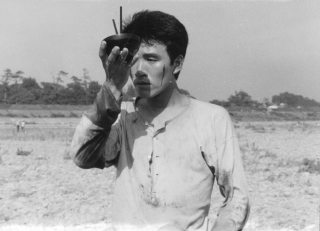
NO GAME
Documentary and experimental film in Japan during the 1960s
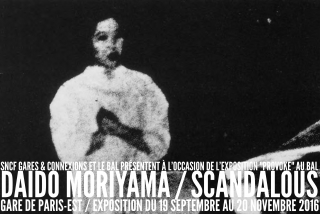
Daido Moriyama / Scandalous
Gare de Paris-Est / Exhibition from September 19 to November 20, 2016
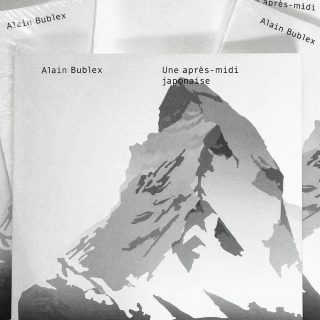
Meeting and book signing with Alain Bublex and Jean-Paul Felley
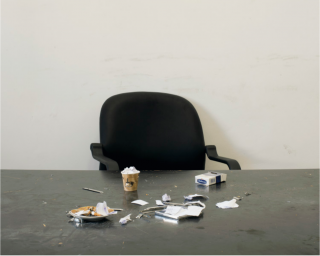
Negative Publicity : Artefacts of Extraordinary Rendition
Conversation with Edmund Clark and Crofton Black
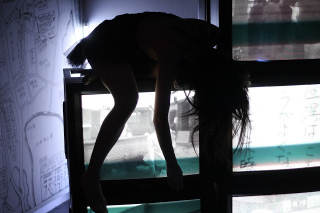
Japanese night around Michel Henritzi
Performance and concert with Yôko Higashi
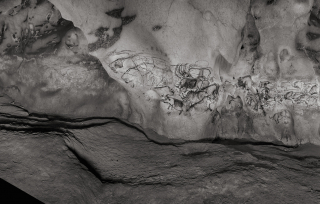
Chauvet — Pont d’Arc, L'inappropriable
Meeting with Raphaël Dallaporta, Rémi Labrusse and Christophe Renard
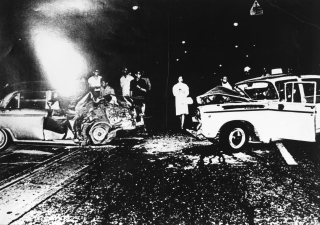
Daido moriyama and Provoke
Meeting with Akio Nagasawa, Jean-Kenta Gauthier and Diane Dufour
